Introduction
Bad credit limits your choices but it doesn’t erase them. When traditional lenders turn you away, a secured personal loan can turn the conversation back in your favor.
These loans use collateral like a savings account, vehicle, or certificate of deposit to offset risk, helping borrowers with imperfect credit qualify for the funds they need. But that same trade-off demands caution: the asset that opens the door also becomes what’s at stake if repayment falls behind.
In 2025, more borrowers are turning to secured personal loans as a practical way to rebuild trust with lenders and access affordable credit without resorting to high-cost alternatives. The key is knowing which types make sense for your situation, how to qualify safely, and which offers to avoid altogether.
This guide explains how secured personal loans work for borrowers with bad credit, what to prepare before applying, and how to choose options that protect your finances, not put them at risk.
Key Takeaways
Secured Personal Loans: What Borrowers Should Know
- Secured personal loans let borrowers with poor credit qualify by pledging an asset such as a vehicle, savings account, or CD.
- Collateral reduces lender risk, often resulting in lower interest rates and higher approval odds.
- Preparation matters: lenders look closely at income, documentation, and collateral value, not just credit scores.
- Comparing banks, credit unions, and regulated online lenders can help you find the safest and most affordable terms.
- Avoid “guaranteed approval” offers or upfront fees — both are warning signs of predatory lending.
- Responsible repayment can gradually rebuild your credit and strengthen your borrowing options over time.
Disclaimer: This site contains affiliate links. If you make a purchase, we may earn a commission at no extra cost to you.
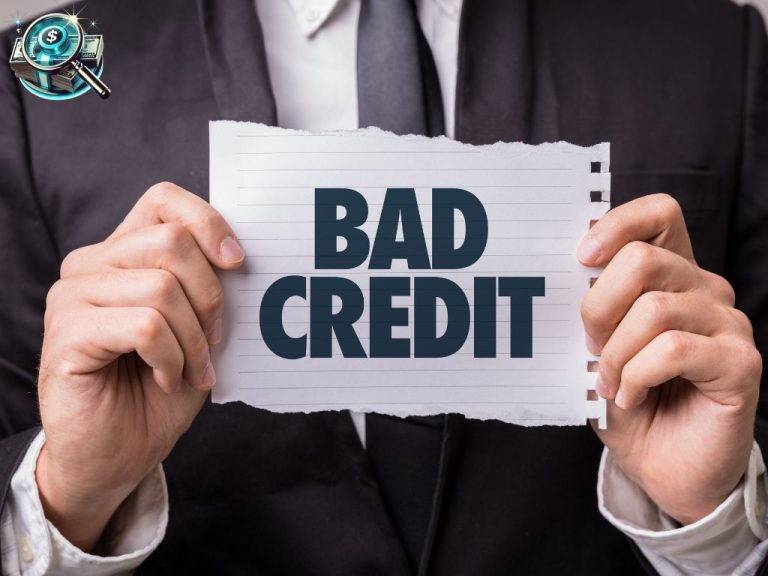
Why Secured Personal Loans Can Work When Credit Won’t
When your credit score falls below the “prime” range, many lenders see risk before potential. That’s where a secured personal loan changes the conversation. By offering collateral, you give the lender something tangible to offset that risk and that opens doors that unsecured loans often keep closed.
In a secured personal loan, the focus shifts from credit score to overall reliability. Lenders evaluate your income stability, debt-to-income ratio, and the value of your collateral. The stronger those elements are, the more flexibility you gain even with a score that might otherwise trigger automatic denial.
For example, a borrower with a 580 credit score might still qualify for a $10,000 savings-secured loan or a $7,500 vehicle-backed loan, while being declined for an unsecured option of the same amount. The collateral gives the lender confidence that repayment is likely, and if it isn’t, they have a means of recovery.
That risk-sharing balance is what makes secured personal loans a practical bridge for people rebuilding credit. You gain access to funding and, if managed responsibly, the chance to demonstrate repayment consistency, something that can begin to improve your score over time.
💡 Pro Insight: According to the Consumer Financial Protection Bureau (CFPB), lenders offering secured personal loans typically extend approval flexibility to borrowers with credit scores as low as 550, provided the collateral is verifiable and the income stable.
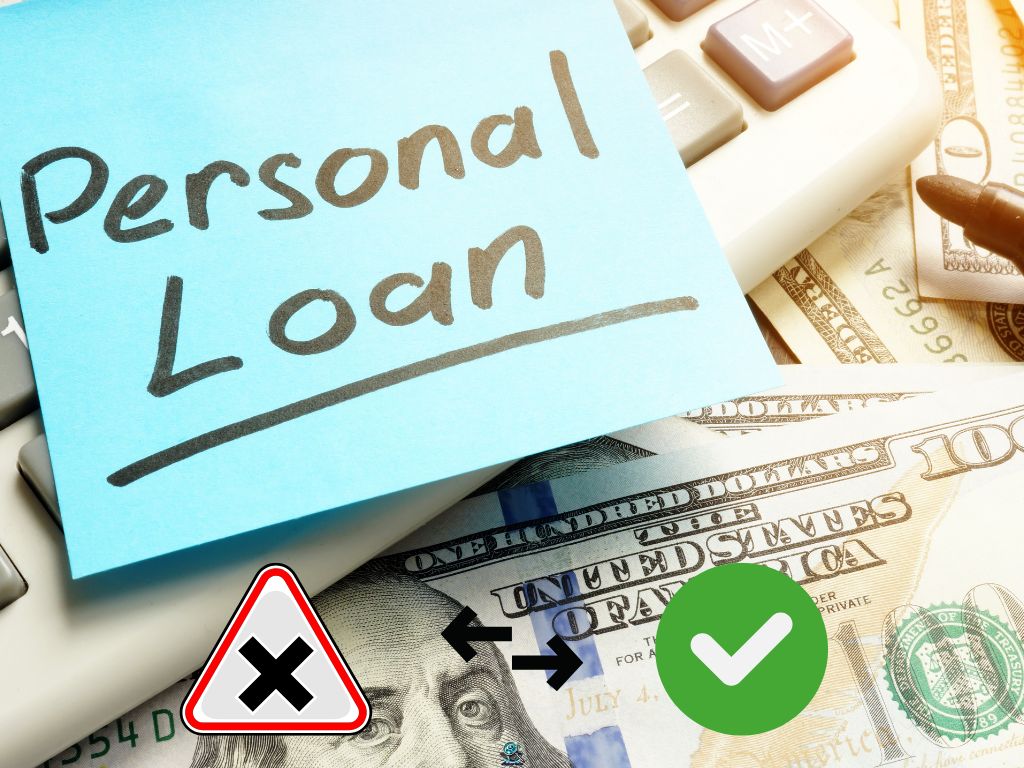
Secured Personal Loan Options That Work for Bad Credit Borrowers
Not all secured loans are created equal and not all are friendly to borrowers with bad credit.
The right option depends on what you can pledge, how quickly you need the money, and how much risk you’re willing to accept.
Below are the most common secured personal loan types that lenders extend to subprime borrowers, along with what makes each one practical or risky.
1. Savings- or CD-Secured Loans
If you have funds in a savings account or certificate of deposit (CD), your bank or credit union may let you borrow against that balance.
Your money stays frozen until repayment is complete, but you continue earning interest on it.
Best for: Borrowers rebuilding credit who already have cash savings.
Key advantage: Very low rates, typically near the secured savings yield.
Primary drawback: You lose access to your funds until the loan is paid off.
2. Vehicle-Backed Loans
A vehicle title loan through a regulated bank or credit union (not a payday lender) can offer moderate funding fast. The lender places a lien on your title until you finish repayment.
Best for: Borrowers who own their vehicle outright.
Key advantage: Quick funding and simple documentation.
Primary drawback: Risk of repossession if payments are missed.
3. Investment- or Collateral-Account Loans
If you hold stocks, bonds, or mutual funds, certain institutions let you borrow against your portfolio value. These are sometimes called “portfolio-secured” or “investment-backed” loans.
Best for: Borrowers with stable investment assets and low liquidity.
Key advantage: You keep your investments while accessing funds.
Primary drawback: Market downturns may trigger margin calls or partial repayment demands.
4. Credit-Builder Secured Loans
Some credit unions and community banks offer small, secured installment loans designed purely to help improve your credit. The loan amount is held in a secure account until you finish repaying it.
Best for: Borrowers focused on rebuilding credit, not quick cash.
Key advantage: Guaranteed reporting to credit bureaus; low risk.
Primary drawback: You don’t receive the funds until the loan is paid off.
📊Secured Personal Loan Options for Bad Credit
| Loan Type | Ideal Borrower | Typical APR | Access to Funds | Main Risk |
|---|---|---|---|---|
| Savings/CD Secured | Borrowers with stable deposits | 5%–10% | Immediate | Funds locked until payoff |
| Vehicle-Backed | Borrowers with owned vehicles | 8%–20% | 1–3 days | Asset repossession if default |
| Investment-Backed | Borrowers with portfolios | 6%–12% | 2–5 days | Market risk (margin calls) |
| Credit-Builder Loan | Credit rebuilders | 8%–18% | After payoff | Delayed access to funds |
💡 According to the Federal Reserve’s 2025 Consumer Credit Report, secured loan approval rates among subprime borrowers rose by 22% year-over-year, driven largely by credit union and savings-secured lending programs.

How to Improve Your Approval Odds Before Applying
When credit is less than ideal, the difference between “approved” and “denied” often comes down to preparation. Lenders look for signs that you can manage the loan responsibly and you can influence nearly all of them before submitting your application.
Here’s how to make your profile stronger and improve your chances of qualifying for a secured personal loan, even with bad credit.
1. Check Your Credit Reports for Accuracy
Start with a review of your reports from Experian, Equifax, and TransUnion. Errors like duplicate accounts, outdated negatives, or incorrect late payments are more common than most borrowers realize. Disputing them can lift your score and make you appear more reliable.
💡 Tip: Get free reports at AnnualCreditReport.com. Allow at least 30 days for corrections to show before you apply.
2. Strengthen Your Debt-to-Income Ratio (DTI)
Your DTI tells lenders how much of your income goes toward monthly debt. Most secured loan approvals favor borrowers below 40%, even with weak credit.
If your ratio is higher, start by paying down small balances or refinancing short-term debt even minor improvements can tilt the outcome in your favor.
📊 Example: If you earn $4,000 monthly and pay $1,800 in debt, your DTI is 45%. Paying off a $400 balance drops it to 35%, moving you into a safer approval range.
3. Prepare Strong, Verifiable Collateral
Collateral is the core of your approval but lenders care as much about verification as value. Gather proof of ownership, clear titles, or account statements before applying.
Most lenders require:
- Bank or brokerage statements (for savings or investments)
- Title and registration documents (for vehicles)
- Appraisals or receipts (for valuable items)
💡 Pro Insight: Clean documentation signals organization and lowers perceived risk, often resulting in faster approval and better rates.
4. Add a Co-Signer (When It Makes Sense)
A trusted co-signer with good credit can offset your weaker profile, especially if you lack stable income or have recent delinquencies. This not only improves approval odds but may also qualify you for a lower APR.
⚠️ Caution: Both parties share full responsibility for repayment missed payments will hurt both credit scores.
5. Use Prequalification Tools Before You Apply
Prequalification lets you preview potential terms through a soft credit check meaning your score won’t be affected. This approach helps you identify which lenders value your collateral type and credit profile most favorably.
Why it matters: You can compare rates across banks, credit unions, and online lenders without triggering multiple hard inquiries that lower your score.
💡The Federal Reserve’s 2025 Consumer Credit Report found that borrowers who prequalified and verified their collateral value before applying saw approval rates 35% higher than those who applied blindly.

What to Avoid When Applying for a Secured Personal Loan with Bad Credit
When you’re applying for a secured personal loan with bad credit, the pressure to get approved can make questionable offers look tempting.
Unfortunately, some lenders exploit that urgency with terms that seem easy upfront but become expensive or even dangerous later.
Knowing what to avoid protects not just your wallet but also the collateral you’ve pledged.
1. “Guaranteed Approval” or “No Credit Check” Claims
Any lender that promises guaranteed approval is bypassing legitimate underwriting. Real lenders always evaluate credit, income, and collateral value.
“No credit check” often means hidden costs, sky-high interest rates, unregulated operations, or direct access to your bank account.
💡 Rule of thumb: If approval feels too easy, repayment usually isn’t.
2. Upfront or “Processing” Fees
Legitimate lenders deduct fees (like origination costs) from your loan amount, they don’t ask for payment before funding. If you’re asked to wire money, buy a prepaid card, or pay for “insurance” upfront, stop immediately. That’s a red flag for scams or unlicensed lending.
3. Pressure to Transfer Titles or Digital Access Too Early
For collateral-based loans, documentation is part of the process but signing over ownership before approval or receiving funds is not.
Avoid any lender asking you to upload or sign over:
- Digital car titles,
- Investment account logins, or
- Bank access credentials.
These tactics expose you to theft and make it nearly impossible to recover your asset if the deal falls apart.
4. Vague or Missing Loan Agreements
A credible lender provides a written agreement before disbursing funds with clear disclosures of the APR, repayment schedule, and all fees.
If you can’t get a full copy of the loan document to review before signing, that’s a hard stop. Transparency isn’t optional; it’s a legal requirement.
💬 Ask directly: “Can I review the full agreement before approval?” Any hesitation to provide it means you should walk away.
5. Hidden Add-Ons and Membership Programs
Some subprime lenders include “optional” add-ons such as credit insurance, memberships, or rewards plans that automatically roll into your loan balance.
These can raise your cost by hundreds of dollars without improving your approval odds.
Always check your disclosure form (the Truth in Lending Act statement) for unexpected extras before signing.
📘 How to Verify a Secured Lender’s Legitimacy
Before submitting your application:
- Check licensing: Use your state’s financial regulator or the CFPB’s Company Lookup Tool.
- Read reviews carefully: Look for consistent feedback, not isolated complaints.
- Confirm security: All legitimate lenders encrypt financial forms and use secure domains (https://).
💡According to the Consumer Financial Protection Bureau (CFPB, 2025), unlicensed lenders targeting bad-credit borrowers remain one of the top consumer complaint categories often involving fake “title-secured” or online personal loan scams.
Smart Alternatives for Bad-Credit Borrowers
A secured personal loan can open doors when credit is weak, but it’s not the only option and it’s not always the safest one.
If the idea of pledging your car, savings, or investments feels risky, there are other legitimate ways to get financial relief or start rebuilding your credit profile.
Below are practical alternatives that offer structure, transparency, and in some cases, a gentler path back to financial stability.
1. Credit-Builder Loans
Credit-builder loans are designed for one purpose to help you establish or repair credit. Instead of getting the money upfront, the lender locks the borrowed amount in a secure account while you make fixed monthly payments. Once the loan is fully paid, you receive the funds (often with interest) and a stronger credit record.
Why it works: Each payment is reported to the credit bureaus, proving repayment reliability something lenders value highly when you apply for future loans.
When to consider: If you’re focused on credit repair rather than urgent funding.
💡 Pro Tip: A six-month credit-builder loan from a local credit union can raise your credit score by 20–40 points if all payments are made on time.
2. Credit Union Payday Alternative Loans (PALs)
Payday Alternative Loans (PALs) are small, short-term loans offered exclusively by federally regulated credit unions. They’re capped at 28% APR and designed to replace high-cost payday loans with a safer, more affordable option.
Why it works: Credit unions evaluate members as people, not just scores. They often approve applicants with credit in the low 500s if income and membership are verified.
When to consider: If you need fast, modest funding usually between $200 and $2,000 and want to avoid predatory rates.
💡According to the National Credit Union Administration (NCUA, 2025), PAL borrowers saved over $300 million in interest compared to payday loans.
3. Co-Signed Personal Loans
A co-signed loan pairs your application with someone who has stronger credit and income stability. The lender sees lower overall risk, which can lead to better approval odds, lower rates, or both.
Why it works: The co-signer’s profile supplements your weaker credit file, giving lenders additional confidence without collateral.
When to consider: If you have a steady income but past credit issues and a trusted person willing to share responsibility.
⚠️ Caution: Missed payments affect both credit reports. Only enter a co-signing arrangement with clear communication and mutual trust.
4. Employer or Nonprofit Financial Assistance
Before turning to loans, check whether your employer or local organizations offer small-dollar advances, hardship grants, or community funds. These programs often provide interest-free or very low-interest help for emergencies like medical bills, rent, or utilities.
Why it works: They’re built to prevent high-cost borrowing during financial stress. Most require only proof of need and income verification not a credit check.
When to consider: If you’re dealing with a one-time financial emergency and need short-term relief without debt.
💡 Tip: Start with HR departments or local community centers many maintain partnerships with nonprofits offering microloans or aid programs you may not know exist.
📊 Comparison: Safer Alternatives to Secured Loans
Even if you qualify for a secured personal loan, it’s worth exploring other borrowing options that don’t put your savings or vehicle at risk. The table below shows how some of the most reliable alternatives like credit-builder loans and credit union PALs compare in terms of cost, approval speed, and overall safety.
| Option | Best For | Typical APR | Funding Speed | Key Advantage |
|---|---|---|---|---|
| Credit-Builder Loan | Rebuilding credit | 8% – 18% | Access funds after payoff | Builds payment history safely |
| Credit Union PAL | Small, short-term needs | ≤ 28% (regulated) | 1 – 3 days | Lower rates, reported to bureaus |
| Co-Signed Loan | Shared responsibility | 10% – 20% | 1 – 5 days | Higher approval odds, lower APR |
| Employer / Nonprofit Aid | Urgent, short-term emergencies | 0% – 10% | 1 – 7 days | Often interest-free, credit-neutral |
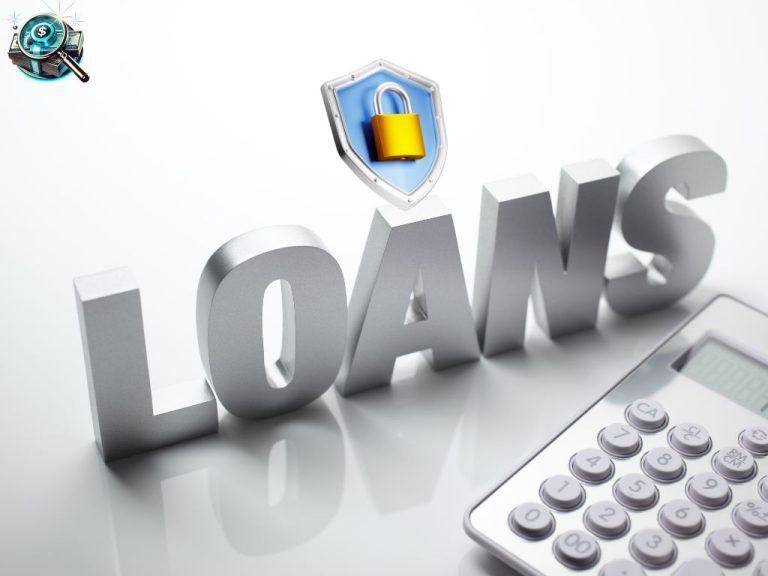
Conclusion: Borrow With Confidence, Not Fear
Bad credit doesn’t have to mean bad choices. A secured personal loan can be a powerful financial tool but only when used with intention. The goal isn’t simply to get approved; it’s to borrow in a way that strengthens your long-term stability.
When you prepare carefully, verify lenders, and compare real offers, you shift the power back to yourself. The process stops being about desperation and starts being about control knowing that the loan you choose aligns with your capacity and your goals.
Yes, rebuilding credit takes time. But every on-time payment, every well-managed loan, and every avoided trap moves you forward. You’re not starting over, you’re starting smarter.
💡 Key Thought: Borrowing with confidence means making decisions that protect both your assets and your future credit potential. With the right strategy, even bad credit can become the foundation of financial recovery.
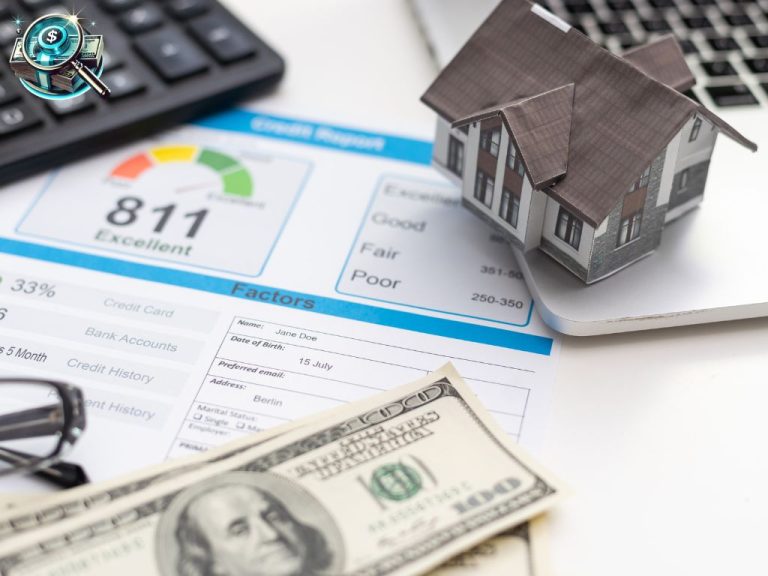
FAQs About Secured Personal Loans for Bad Credit
1. What’s the easiest secured personal loan to get with bad credit?
Loans backed by savings accounts or certificates of deposit (CDs) are typically the most accessible. Because the lender already holds the collateral, the approval process is faster and less dependent on your credit score. These loans are especially useful for borrowers rebuilding credit or managing short-term financial needs.
2. Can I use my car or savings as collateral?
Yes. Most lenders accept fully owned vehicles, savings accounts, or investment portfolios as collateral, as long as the asset is in your name and verifiable. The lender will usually approve a loan for a percentage of the asset’s appraised or account value. Once the loan is repaid in full, the lien on your asset is released.
3. Will a secured loan help rebuild my credit score?
Yes, consistent on-time payments on a secured personal loan can improve your credit history and score over time. Lenders report repayment activity to major credit bureaus, which helps demonstrate financial reliability. After six months or more of steady payments, many borrowers begin to see measurable improvement in their credit profiles.
4. What’s the minimum credit score required for approval?
Most secured personal loan lenders consider applicants with scores in the 500–580 range, provided the collateral value adequately secures the loan. Some credit unions and smaller banks may even approve below that threshold if your income is stable and documentation is complete. Strong collateral can often outweigh a low score.
5. How much can I borrow with bad credit?
The loan amount depends mainly on the value of your collateral and your ability to repay. Savings- or CD-backed loans may allow you to borrow up to 100% of your account balance, while vehicle- or property-secured loans generally cover 50%–80% of verified value. Lenders also review your income to confirm you can manage the monthly payments.
6. Are online lenders safe for secured personal loans?
Yes, many online lenders are legitimate and regulated, but borrowers should verify credentials before applying. Look for clearly stated interest rates, transparent terms, and a secure application process. Always avoid lenders that request upfront fees or lack clear contact information.
7. What happens if I miss a payment on a secured loan?
Missing payments can lead to late fees, negative marks on your credit report, and potential loss of your collateral if the loan remains unpaid. Most lenders offer a short grace period or hardship assistance programs if you communicate early. Reaching out before you fall behind can help protect both your asset and your credit.
8. Can I repay a secured loan early?
In most cases, yes. Early repayment can reduce total interest costs and close your account in good standing. However, check your loan terms first, some lenders charge small prepayment penalties, while others allow full payoff anytime without extra fees.


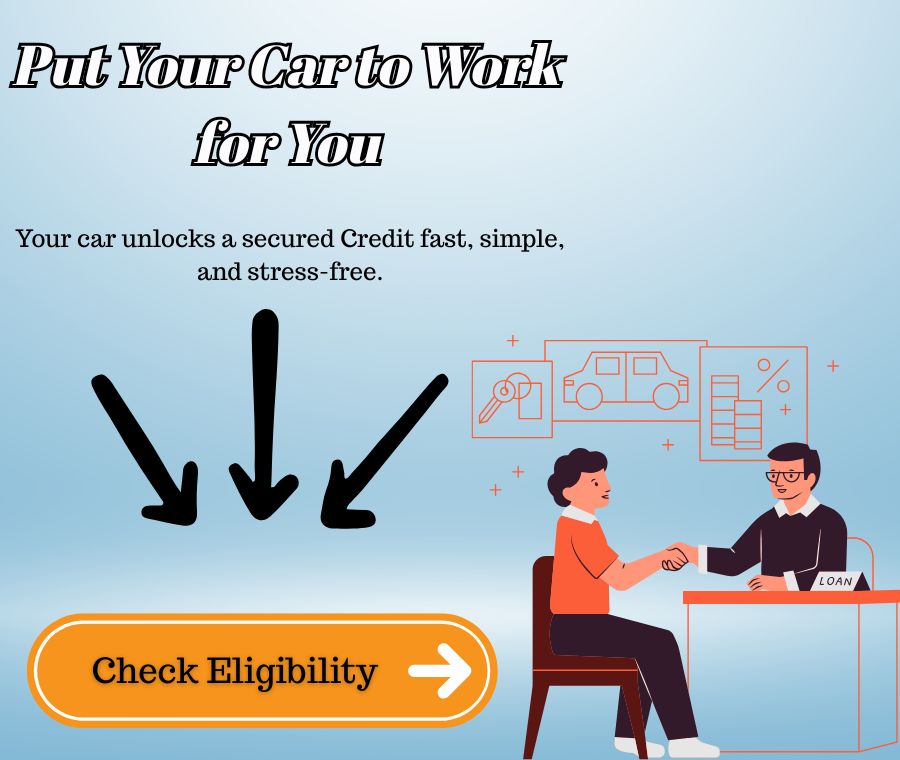
0 Comments